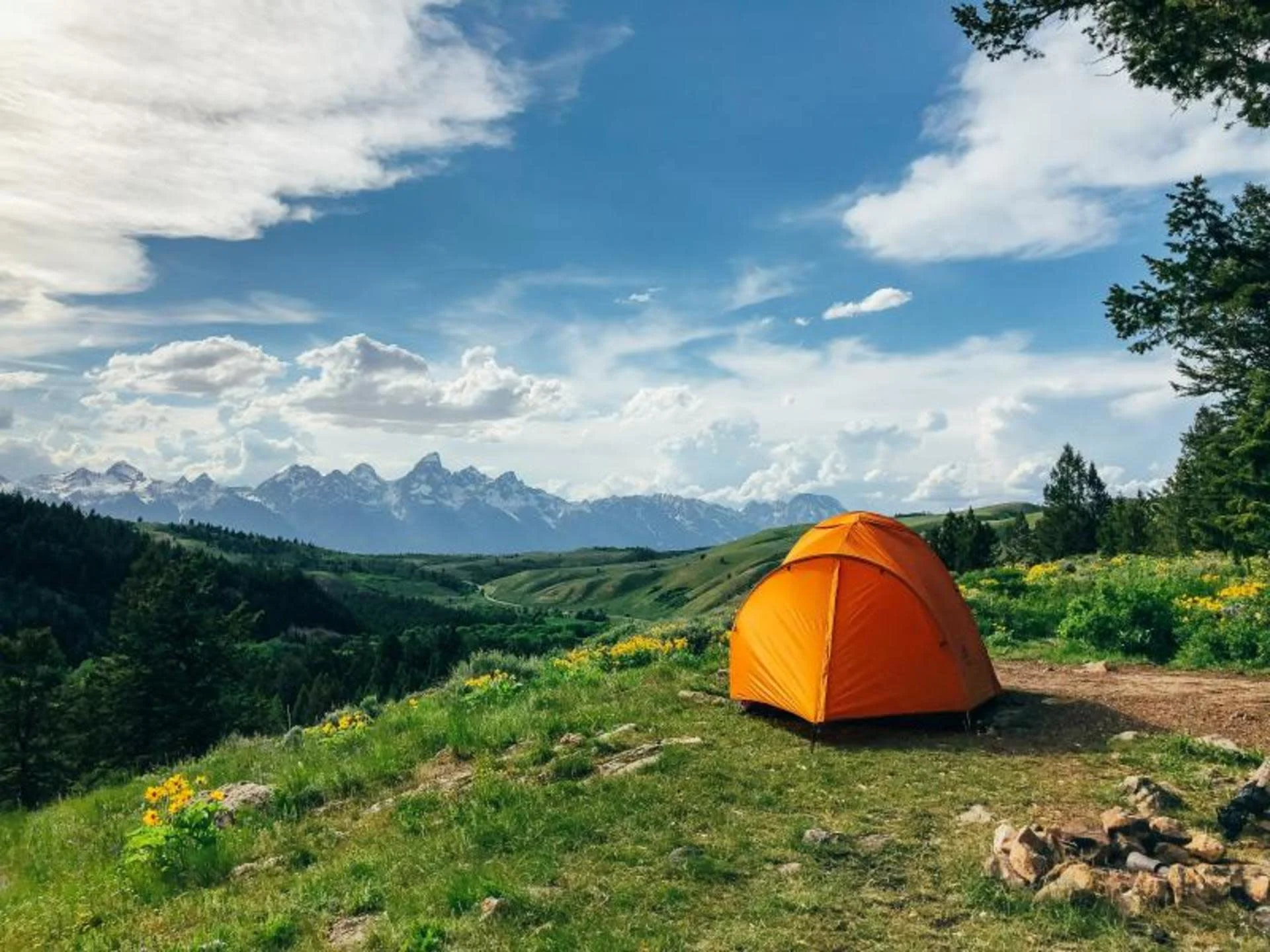
Backcountry camping this summer? Stay safe with the 3 'Ts'
Camping in Canada's boundless wilderness is a special joy -- and a great way to get lost if you don't know what you're doing.
With summer around the corner, your vacation plans may look quite different this year due to COVID-19. Many of us are looking more into local adventures, and one great one is camping.
In British Columbia, the endless mountain ranges offer the perfect summer escape. There is world class hiking and camping, but this province also offers the perfect conditions to get lost.
In fact, in the first week of May 2020, B.C. search and rescue volunteers responded to 23 calls. That was an increase of 35 per cent from the same period in the year prior.
While weather, terrain, and wildlife can make a rescue tough, COVID-19 offers another element. The volunteer rescuers have to take more precautions and wear additional protective gear to protect both themselves and their families, but also the people they are trying to save. This all means that rescues could take longer.
With that in mind, people heading out on camping and hiking trips need to be extra careful, and keep the ‘three Ts’ in mind.
T1: Trip plan
“Do your homework ahead of time,” says search and rescue volunteer Christine Strub. She adds this includes figuring out the weather forecast, what the trail looks like, and whether or not there been any wildlife sightings in the area. On top of that, you should always tell someone else your plan and make sure to stick to it. That way if you don’t return when you are supposed to, the search and rescue team will have a starting point.
T2: Training
“Make sure if you bring a map and compass you know how to navigate,” adds Strub. It is great if you have your plan and essential equipment ready, but what good will that equipment be if you don’t know how to use it?
T3: The essentials
Whether you are hiking for a day or camping for a week there are essential items you should bring with you on any backcountry trip. They include:
Flashlight
Fire-starting kit
Extra food and water
Signaling device
Extra clothing (weather can change rapidly in the mountains)
Navigation and communication aid (emergency beacons are a great tool if you need help and don’t have any cell service)
First aid kit
Emergency shelter
Pocket knife
Sun protection
Watch the full report above for more details.










